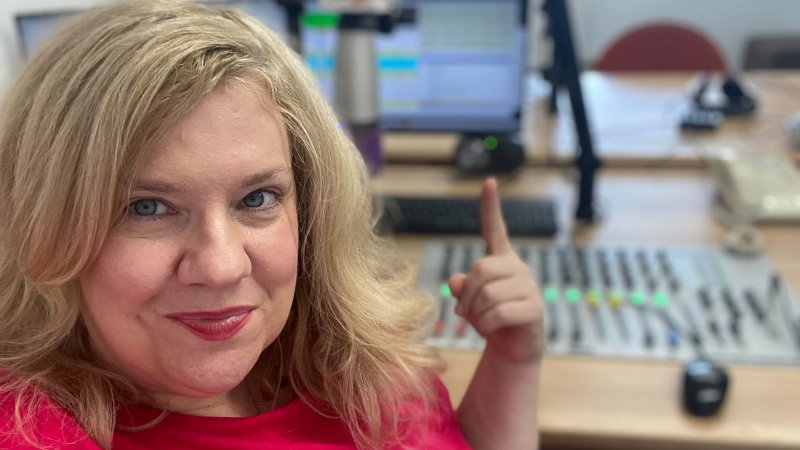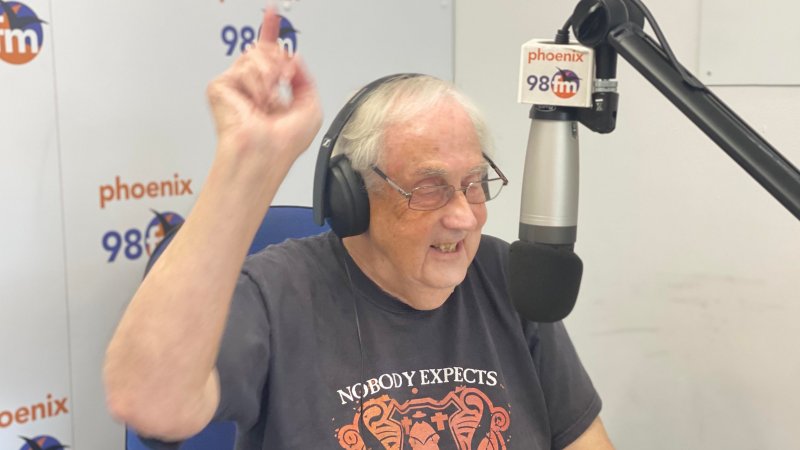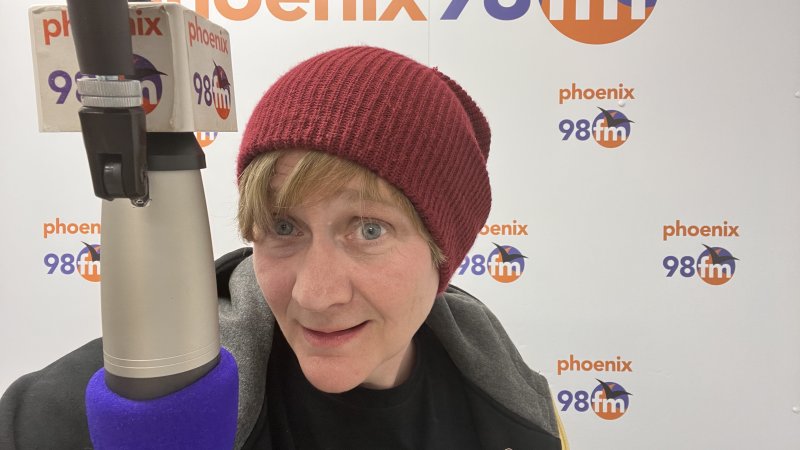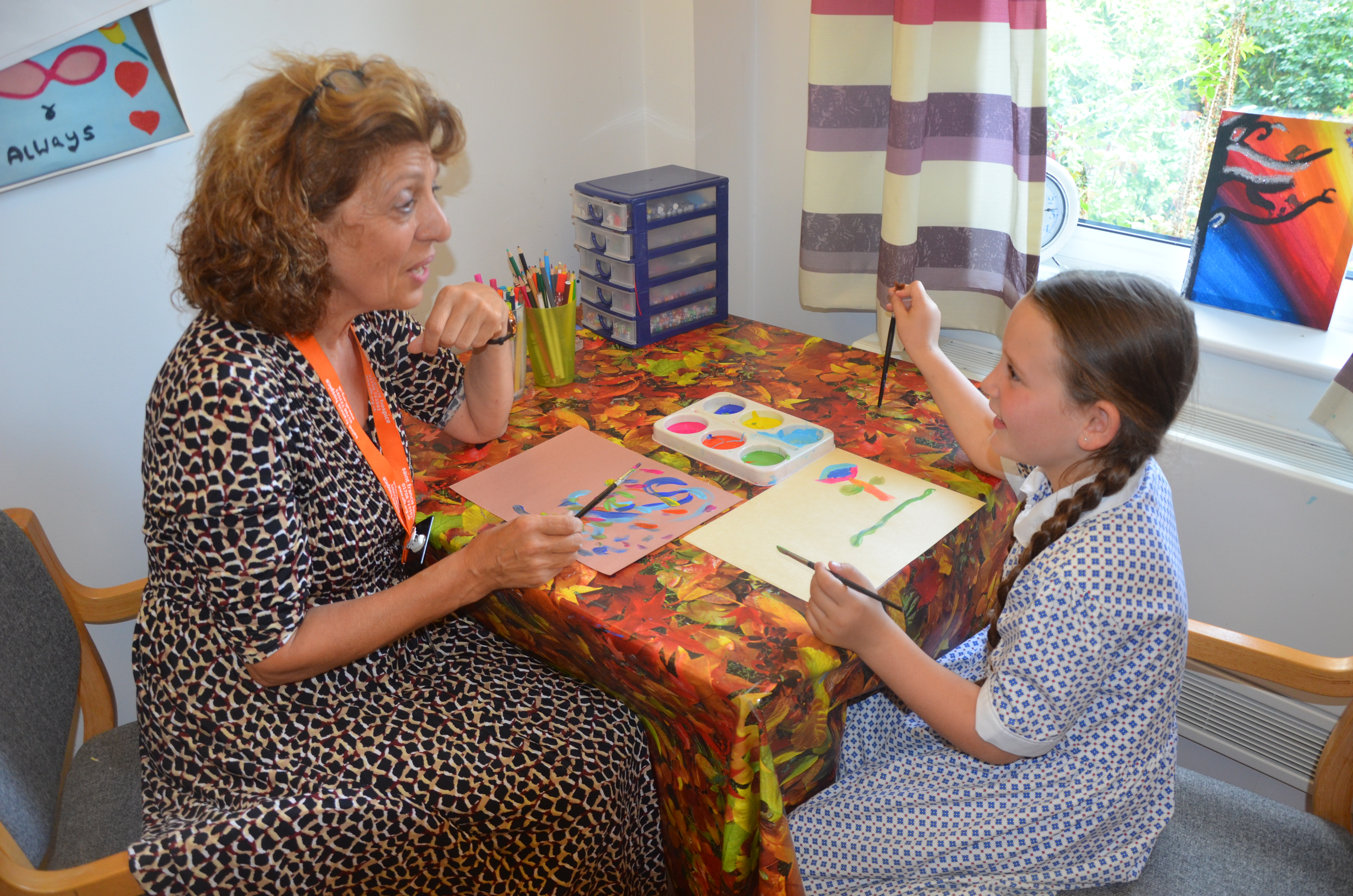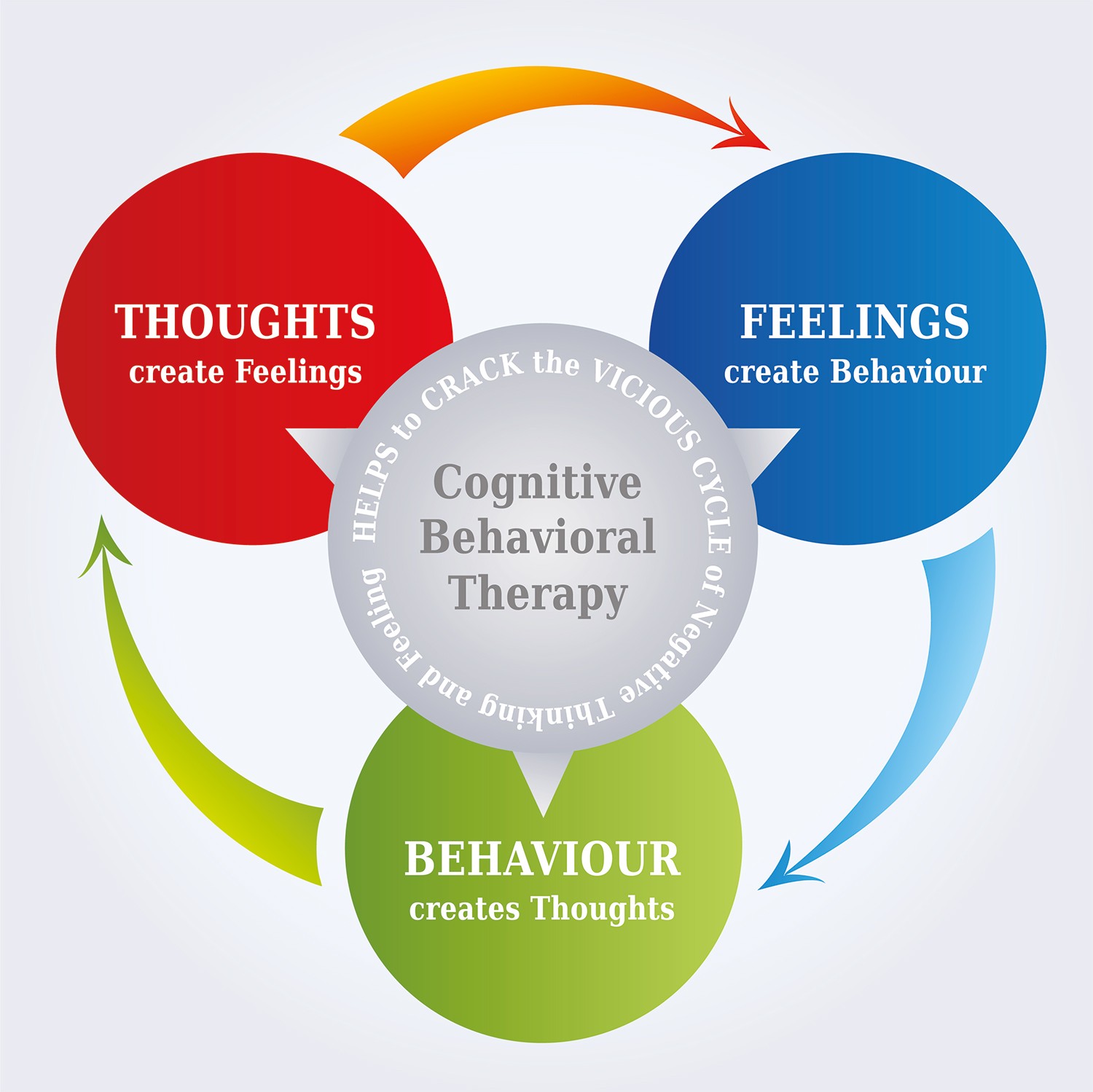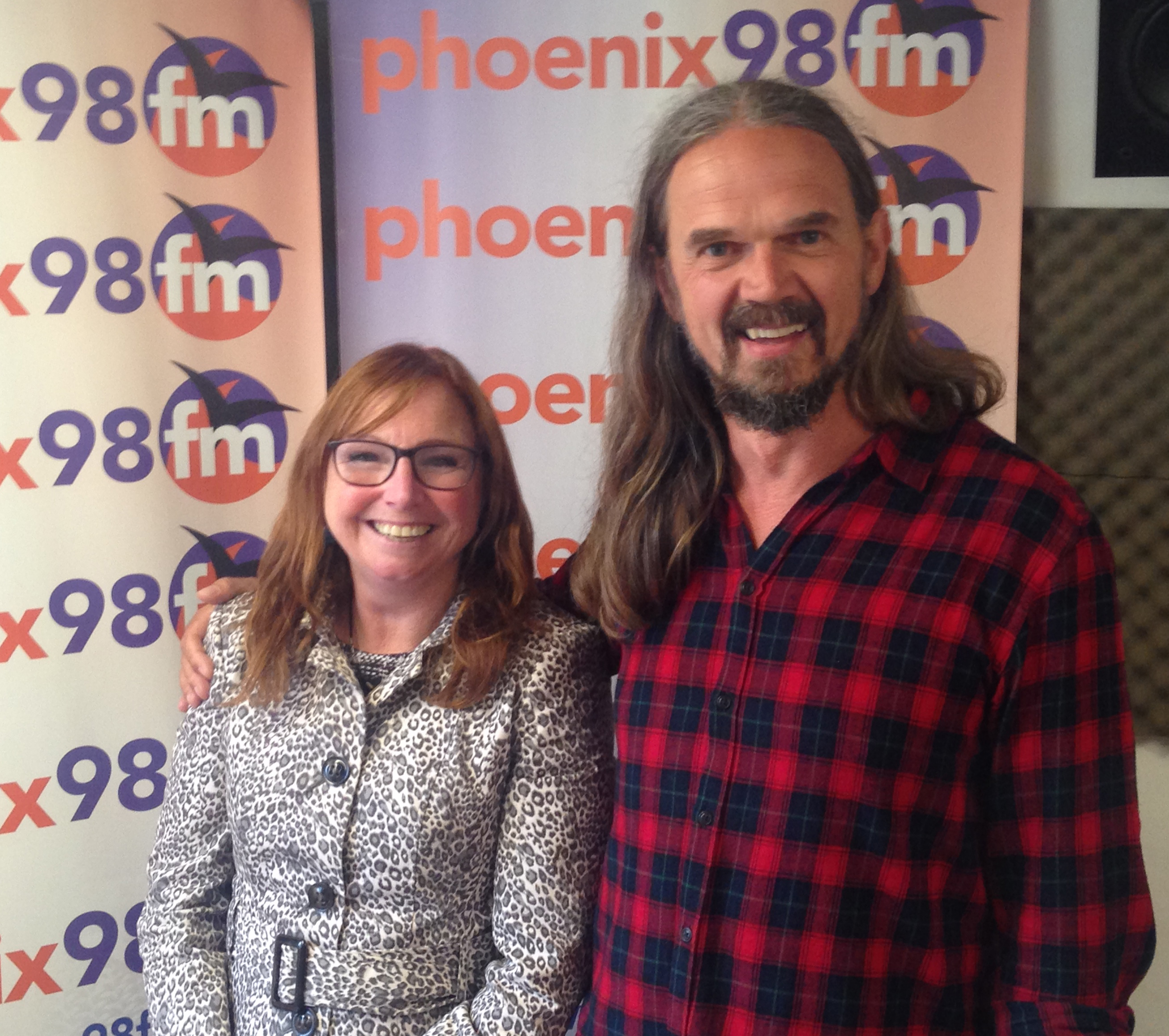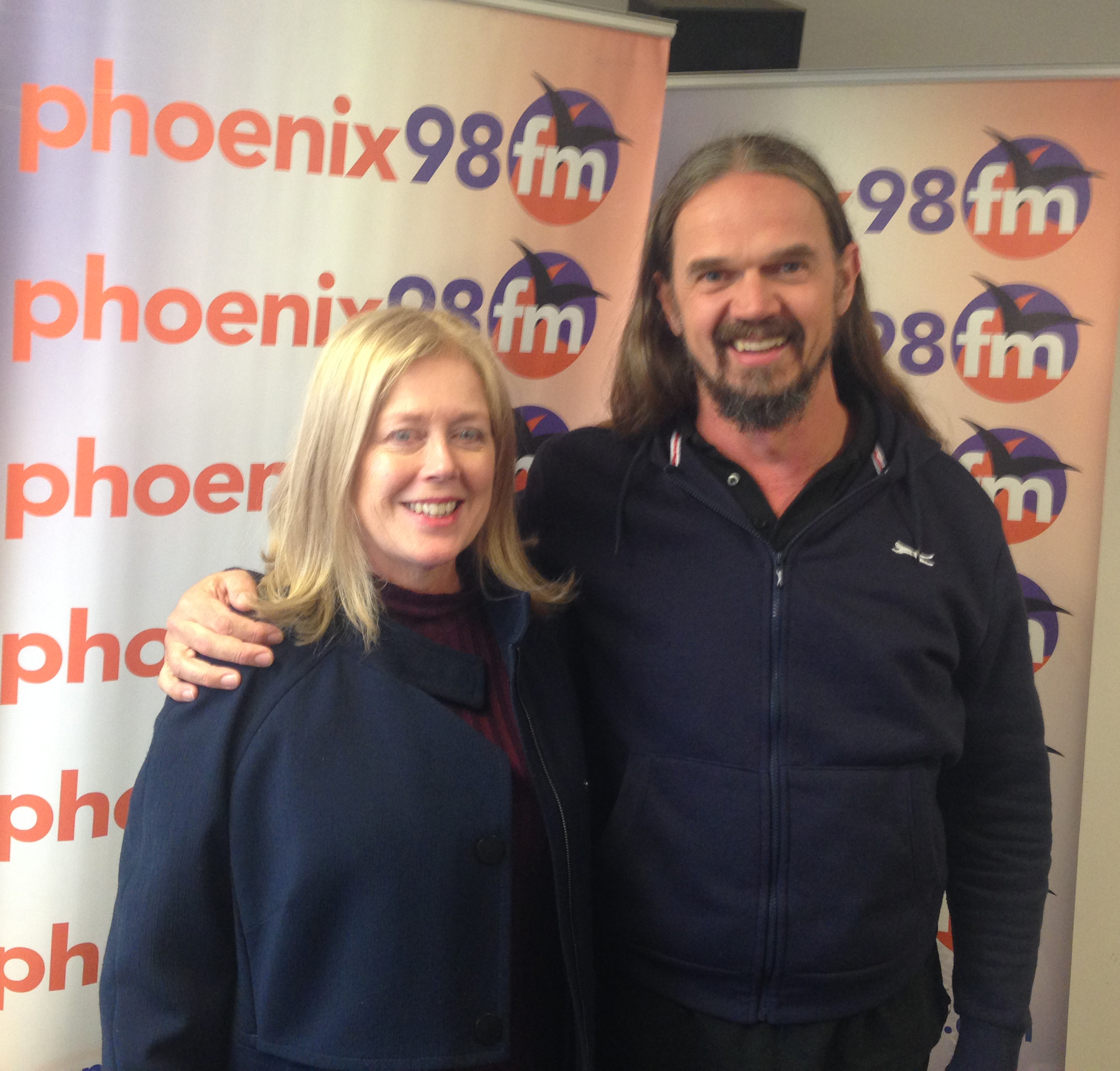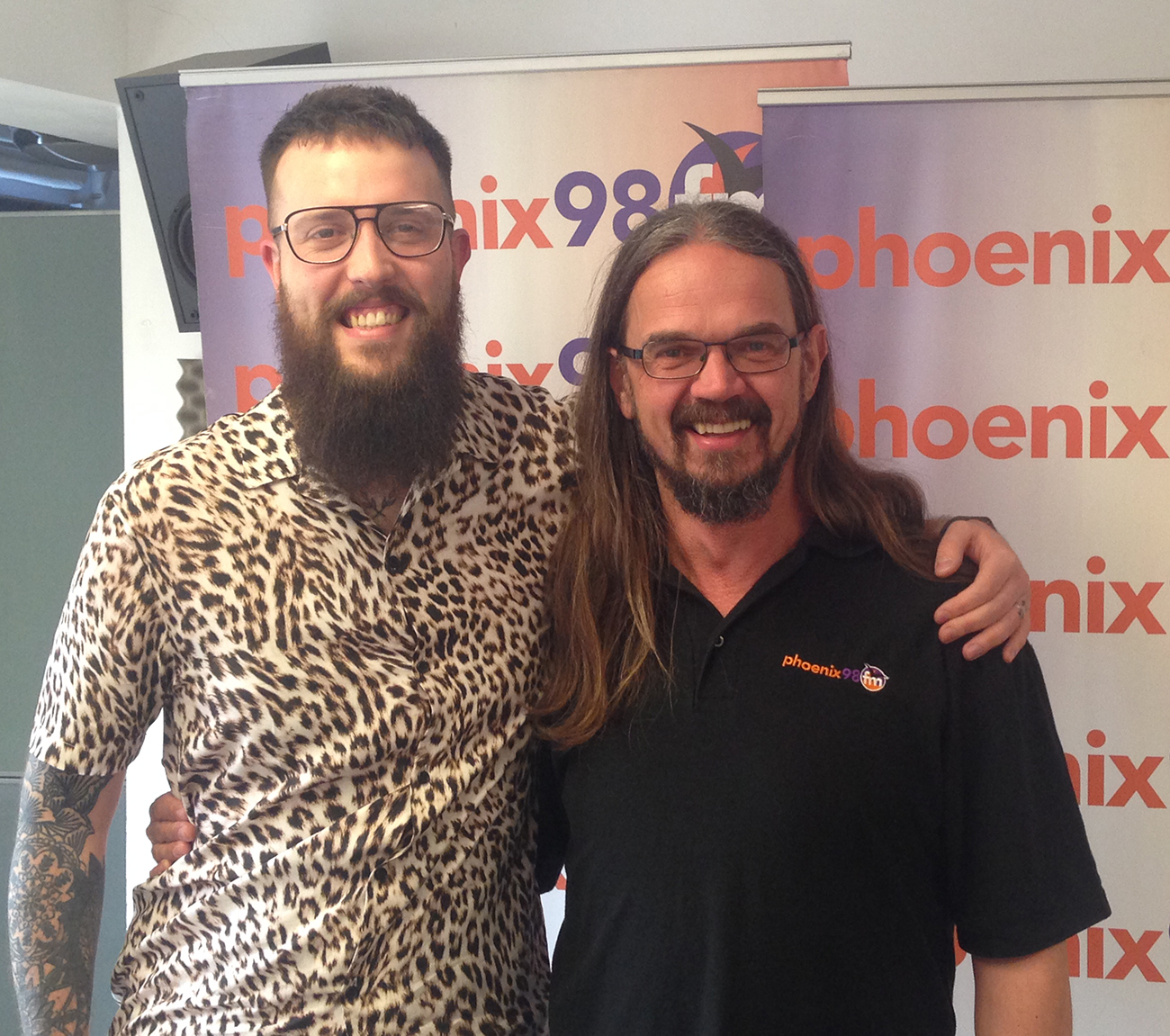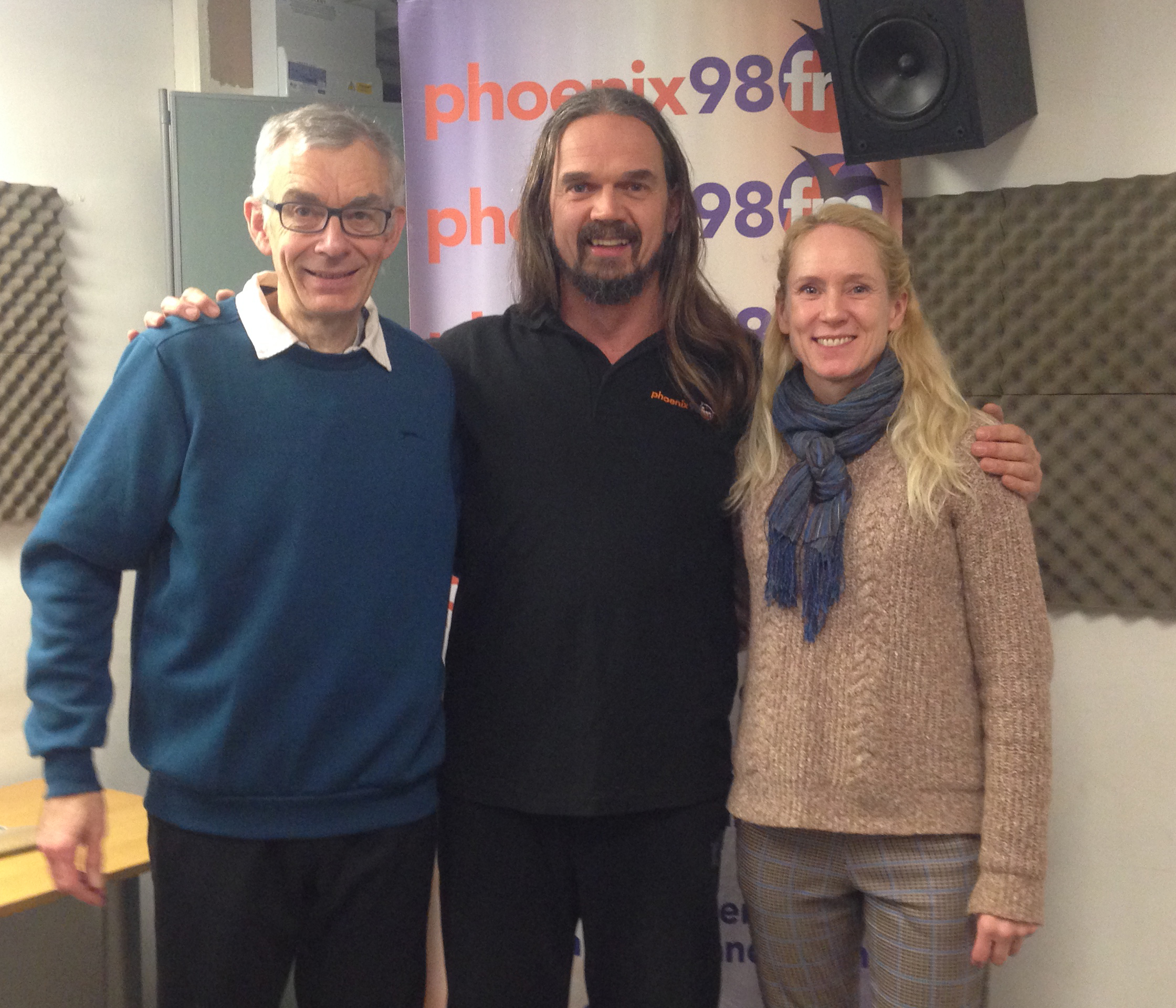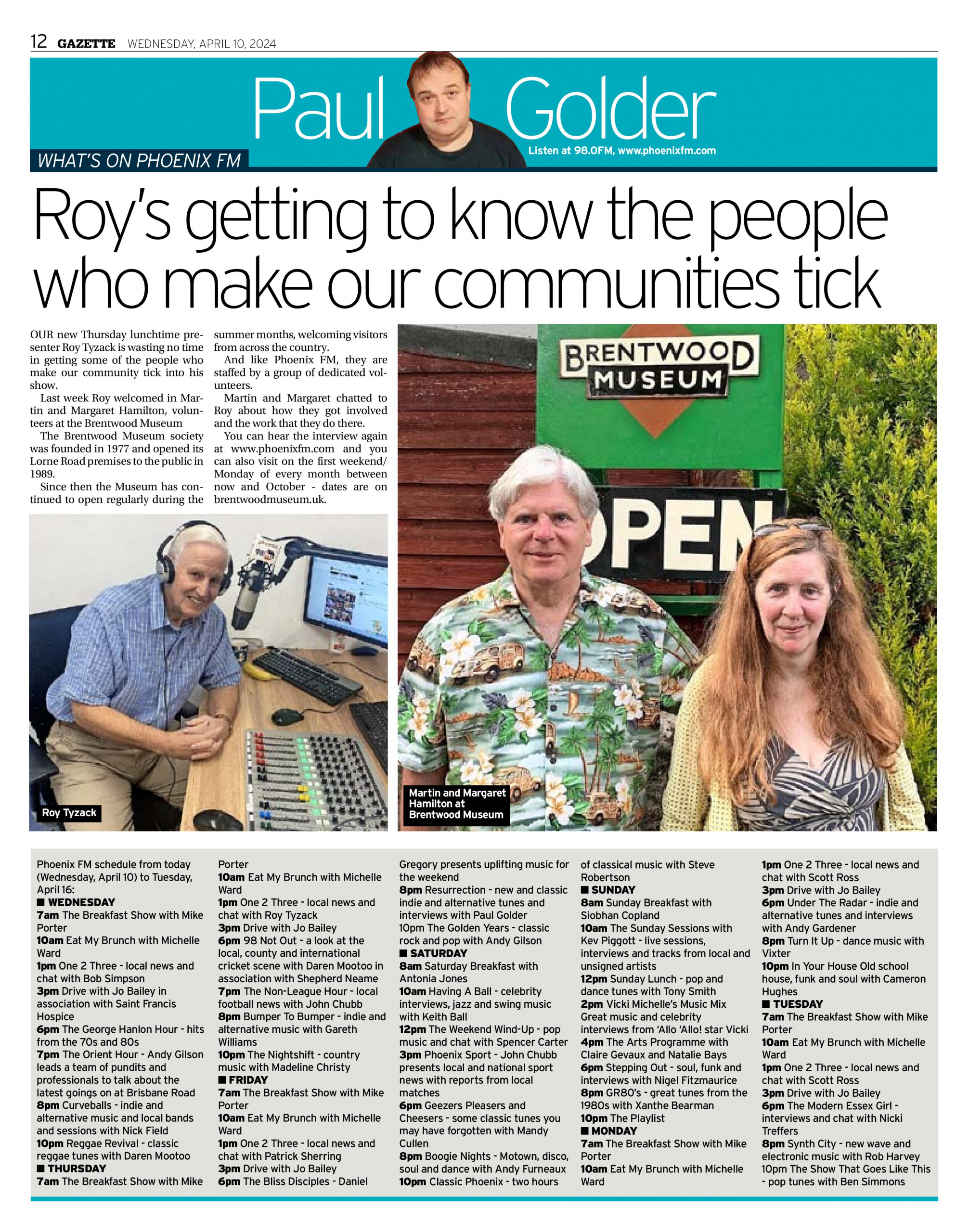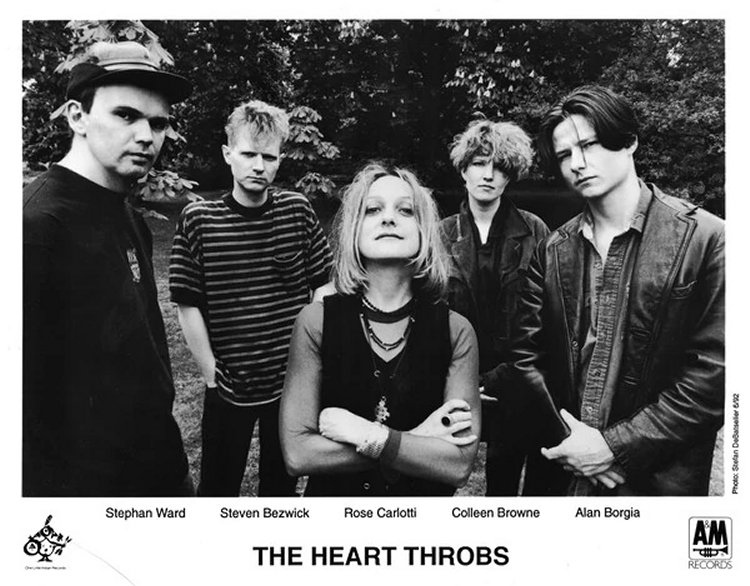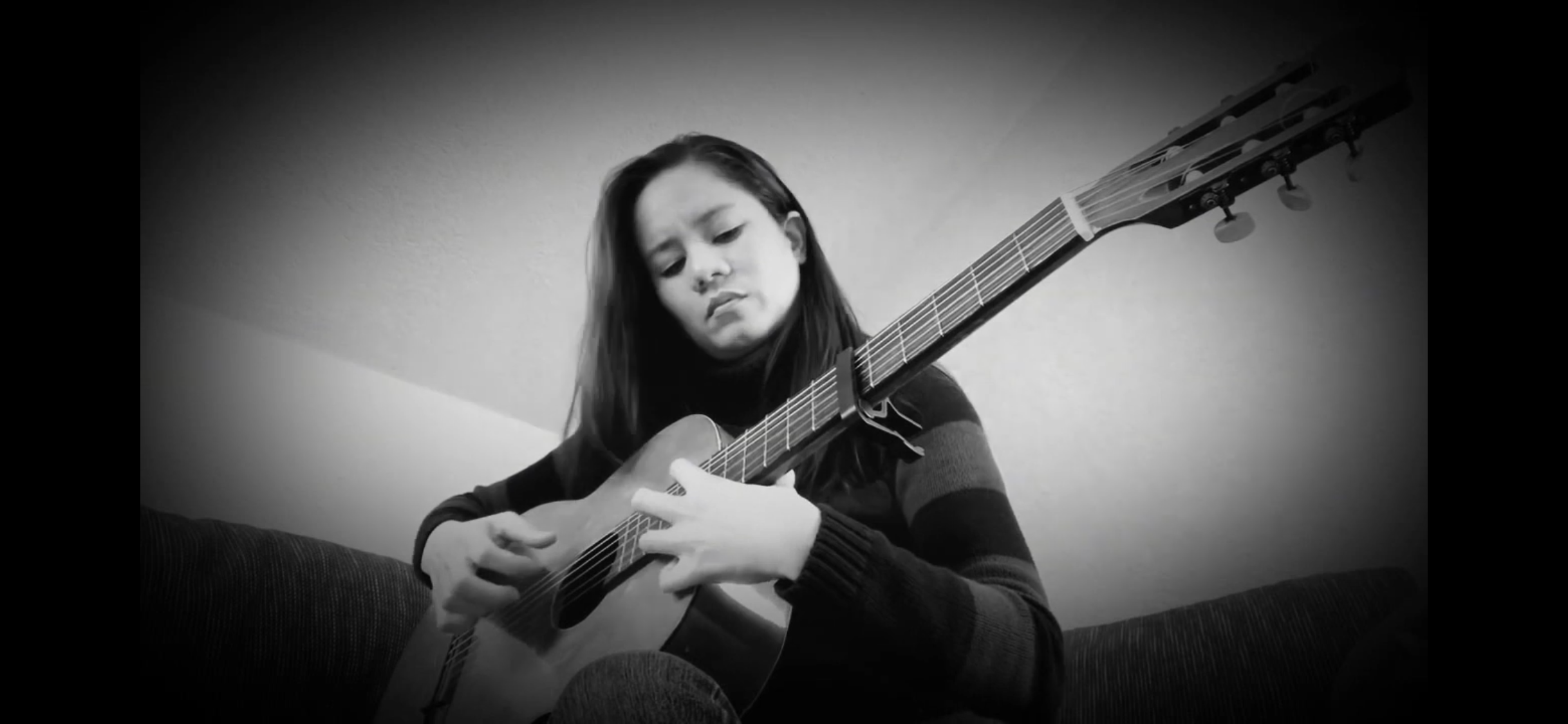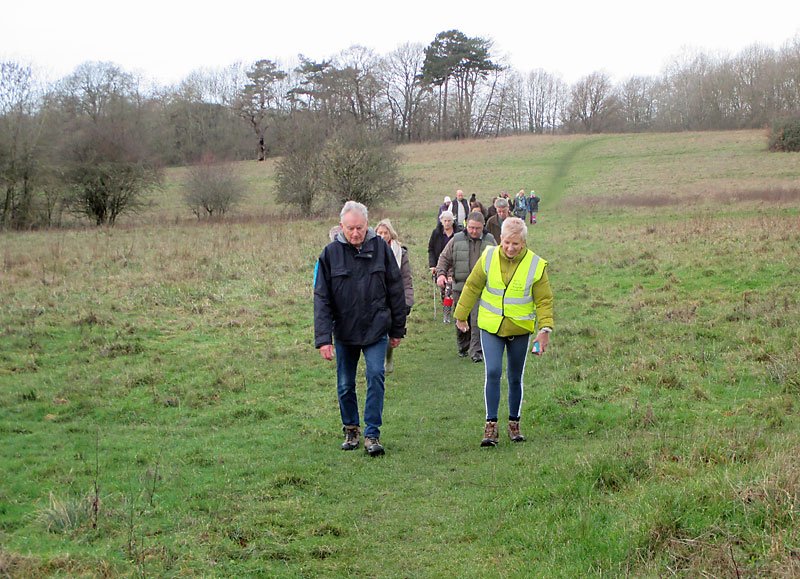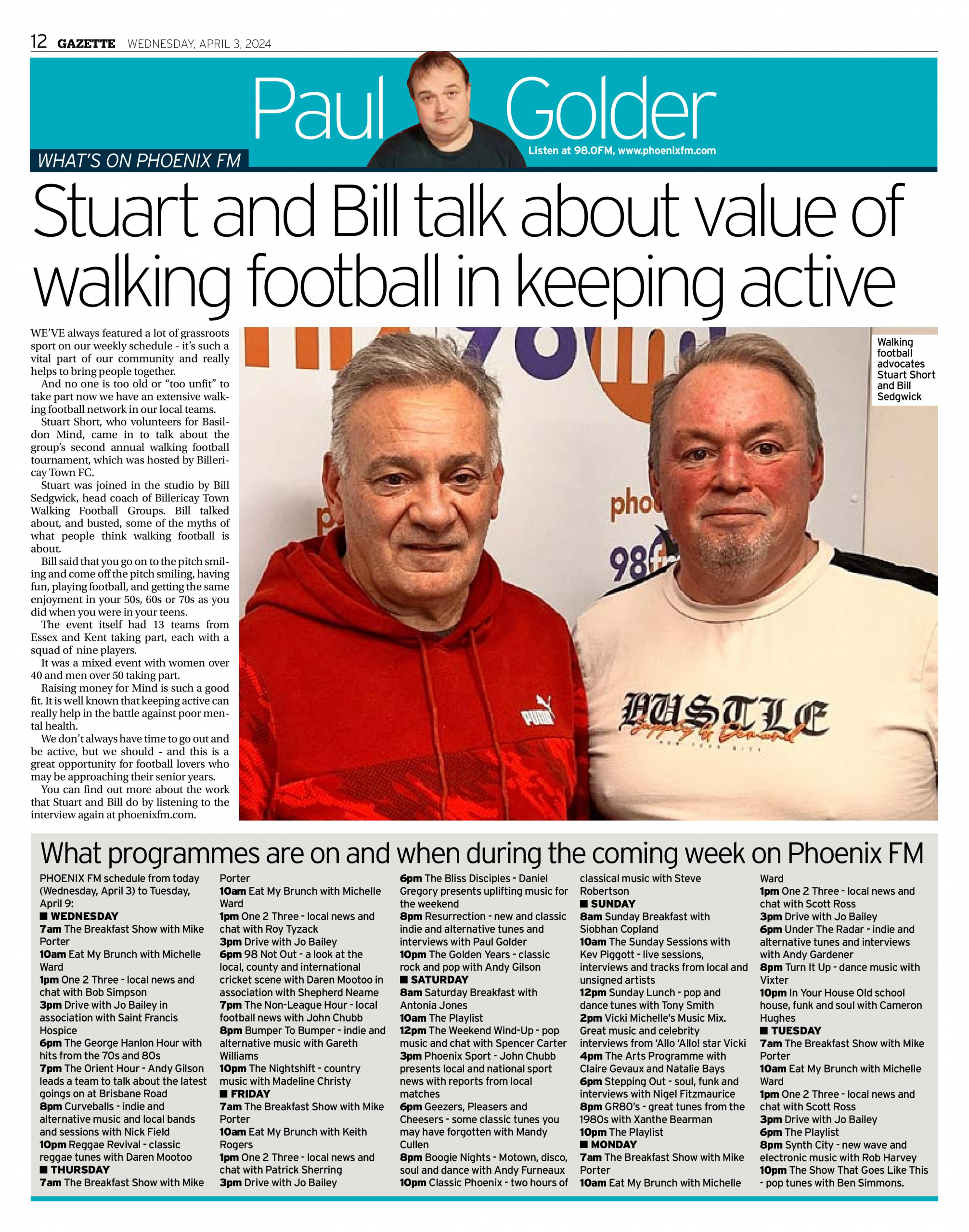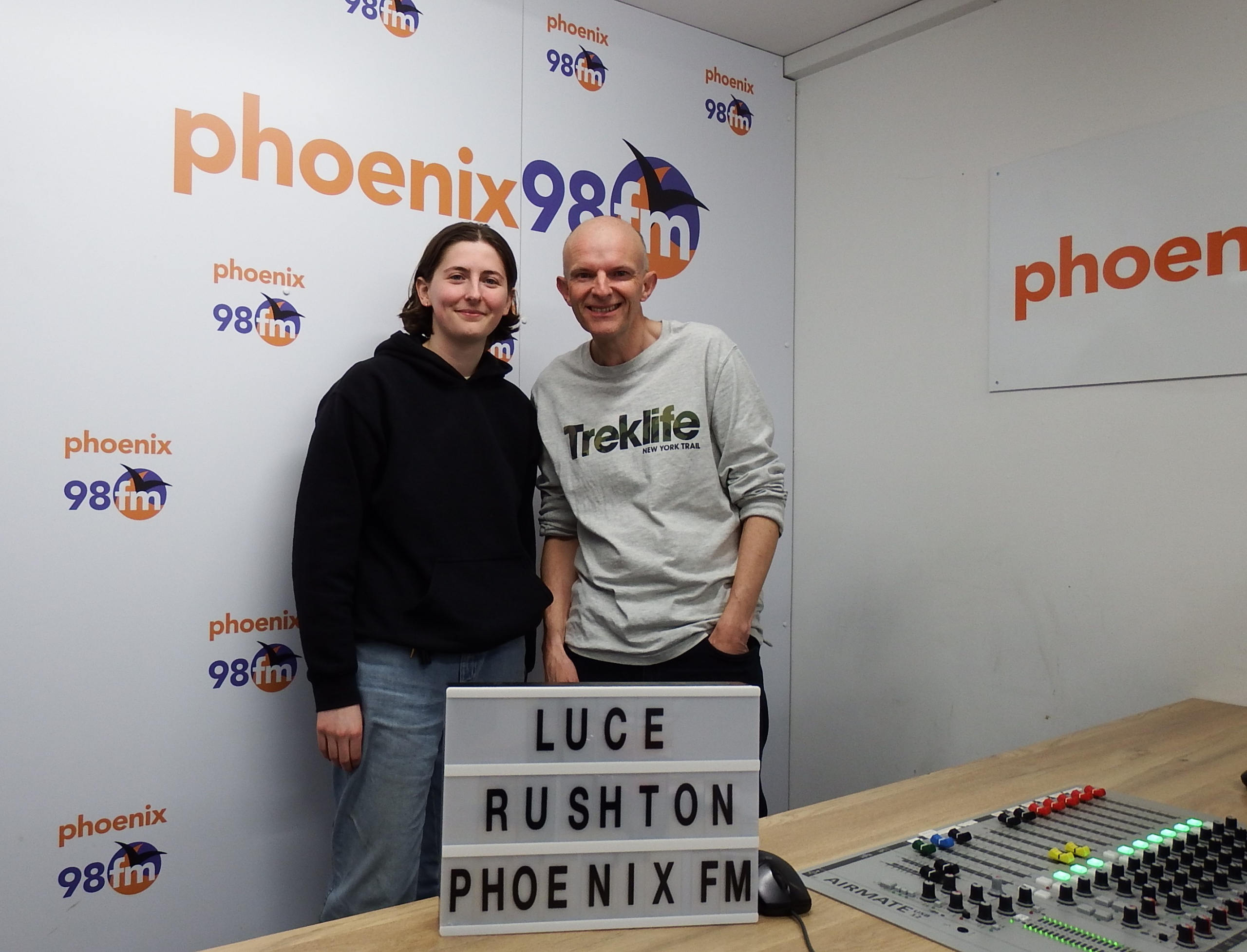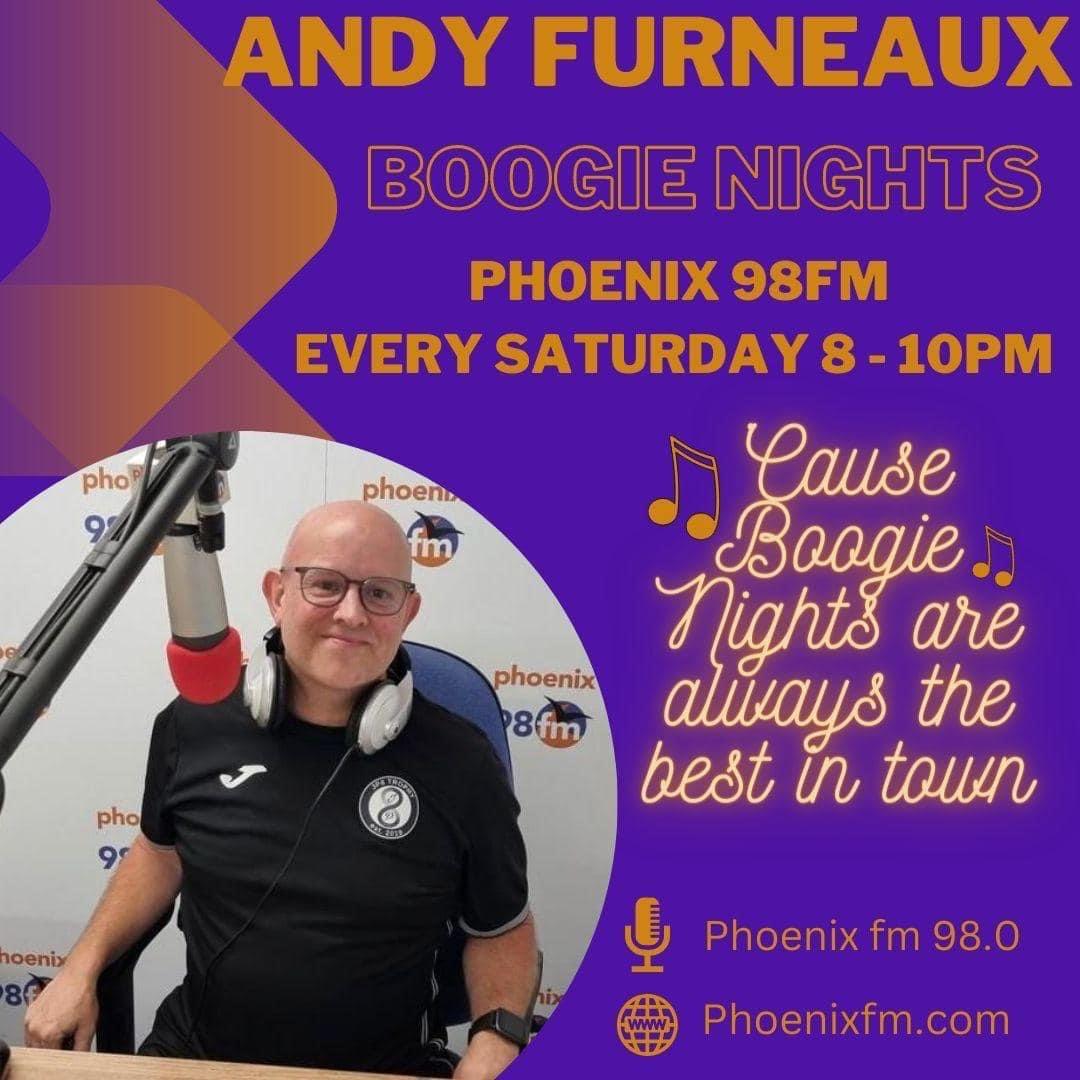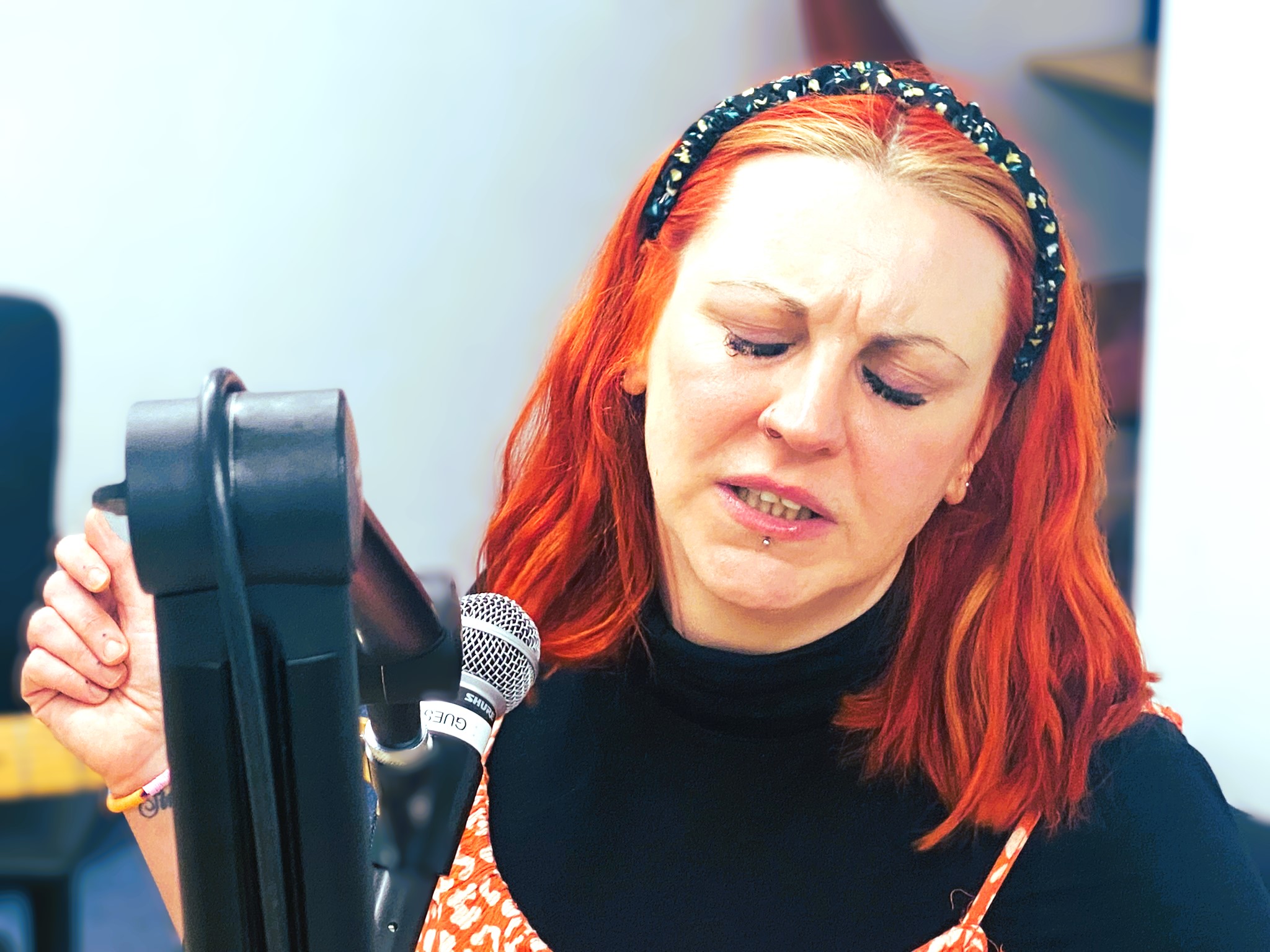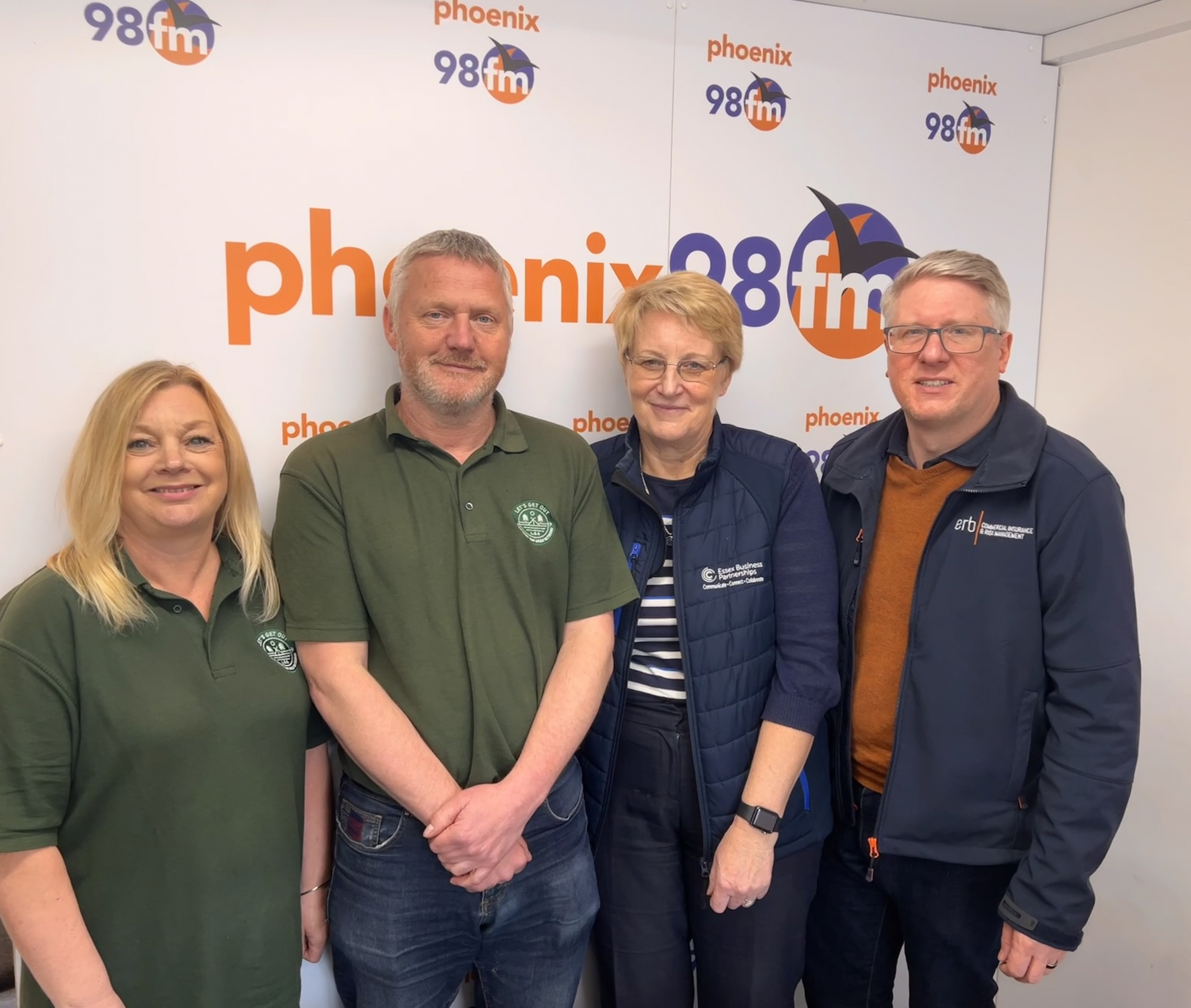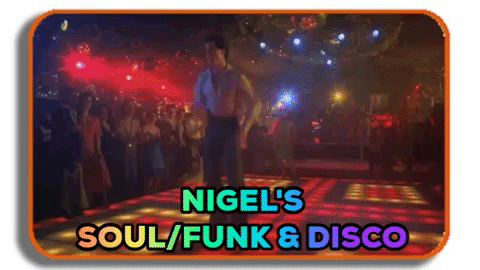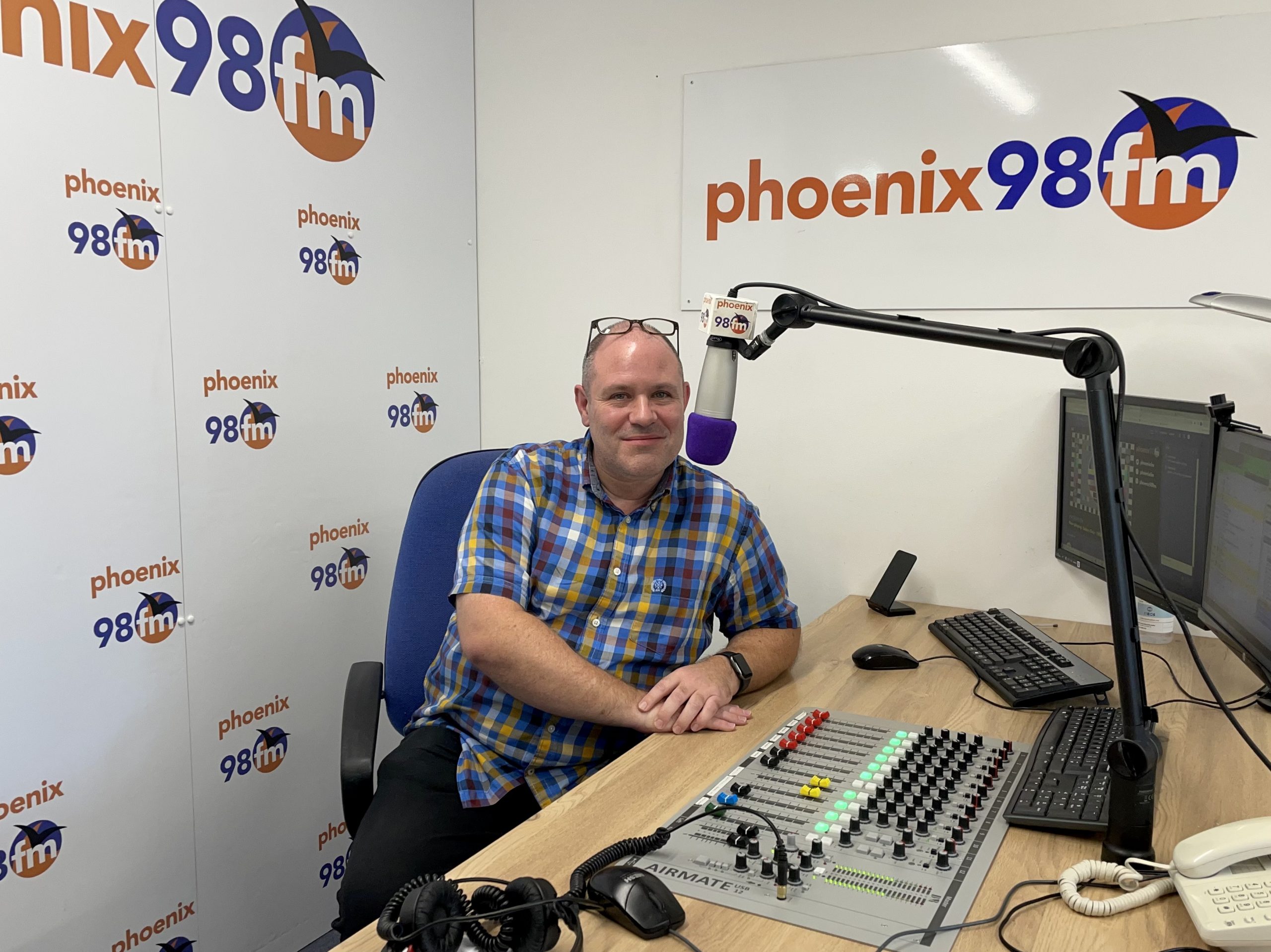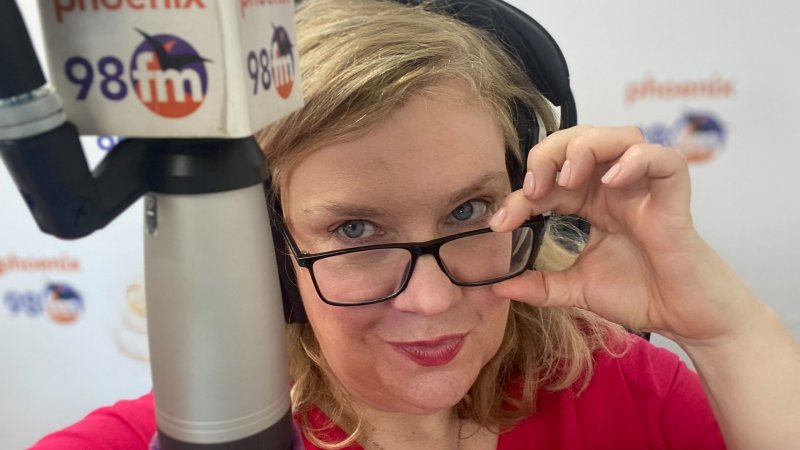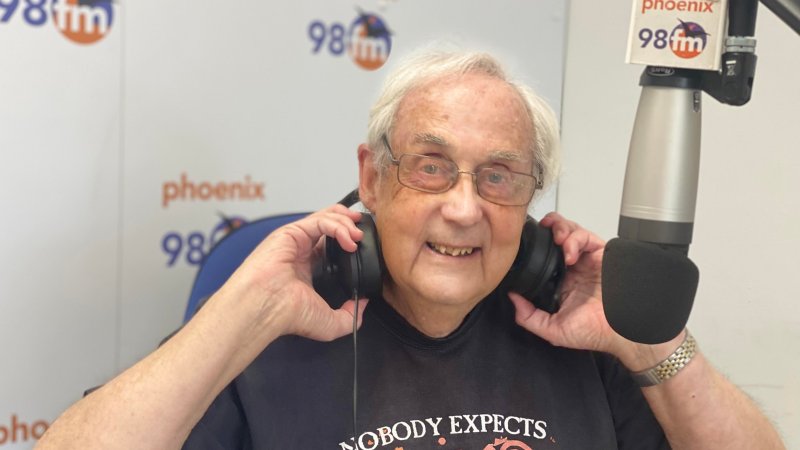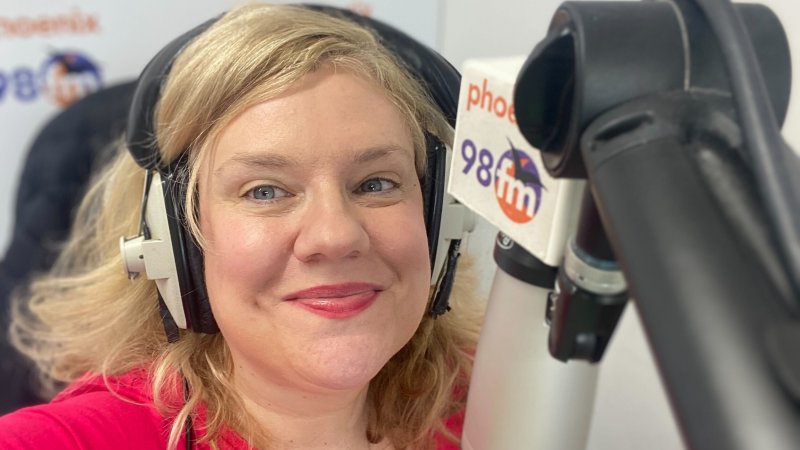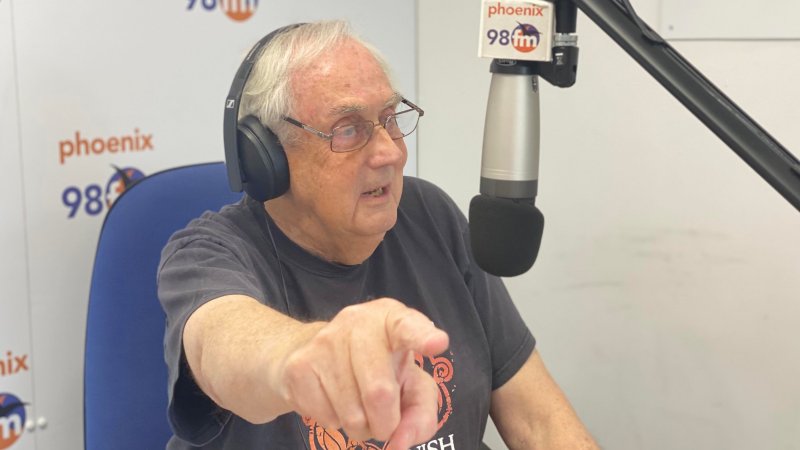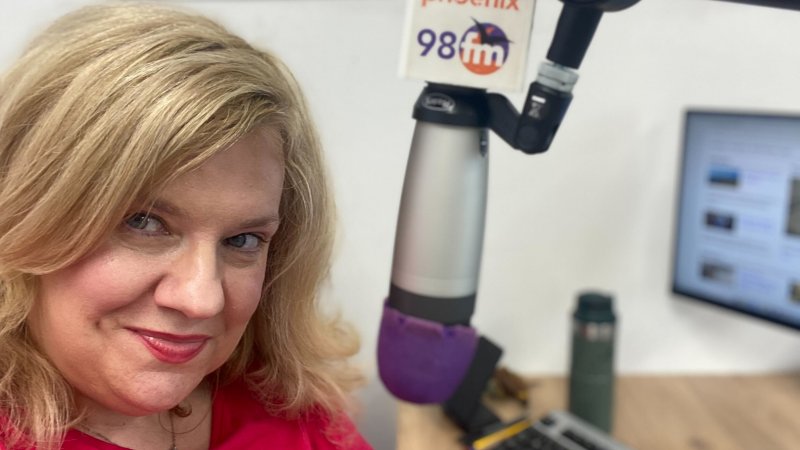The current issue of the NHS’s magazine for South Essex, SEPT News, has an in depth interview with Phoenix FM presenters Scott W and Bob Simpson about their involvement in our regular Mental Health Matters podcast.
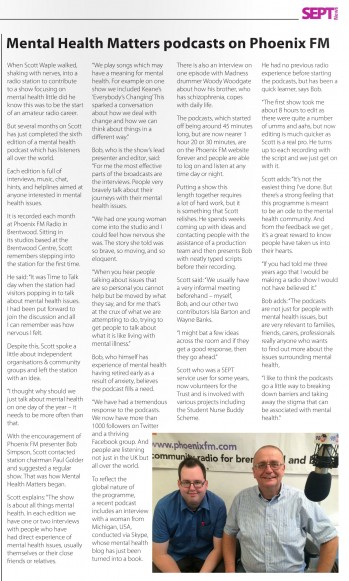
In case that’s a bit small, here’s the script of the interview before. Thanks to SEPT News for the feature!
Mental Health Matters podcasts on Phoenix FM When Scott Waple walked, shaking with nerves, into a radio station to contribute to a show focusing on mental health little did he know this was to be the start of an amateur radio career.
But several months on Scott has just completed the sixth edition of a mental health podcast which has listeners all over the world.
Each edition is full of interviews, music, chat, hints, and helplines aimed at anyone interested in mental health issues.
It is recorded each month at Phoenix FM Radio in Brentwood. Sitting in its studios based at the Brentwood Centre, Scott remembers stepping into the station for the first time.
He said: “It was Time to Talk day when the station had visitors popping in to talk about mental health issues. I had been put forward to join the discussion and all I can remember was how nervous I felt.
Despite this, Scott spoke a little about independent organisations & community groups and left the station with an idea. “I thought why should we just talk about mental health on one day of the year – it needs to be more often than that.
With the encouragement of Phoenix FM presenter Bob Simpson, Scott contacted station chairman Paul Golder and suggested a regular show. That was how Mental Health Matters began.
Scott explains: “The show is about all things mental health. In each edition we have one or two interviews with people who have had direct experience of mental health issues, usually themselves or their close friends or relatives.
“We play songs which may have a meaning for mental health. For example on one show we included Keane’s ‘Everybody’s Changing’. This sparked a conversation about how we deal with change and how we can think about things in a different way.”
Bob, who is the show’s lead presenter and editor, said: “For me the most effective parts of the broadcasts are the interviews. People very bravely talk about their journeys with their mental health issues.
“We had one young woman come into the studio and I could feel how nervous she was. The story she told was so brave, so moving, and so eloquent.
“When you hear people talking about issues that are so personal you cannot help but be moved by what they say, and for me that’s at the crux of what we are attempting to do, trying to get people to talk about what it is like living with mental illness.”
Bob, who himself has experience of mental health having retired early as a result of anxiety, believes the podcast fills a need.
“We have had a tremendous response to the podcasts. We now have more than 1000 followers on Twitter and a thriving Facebook group. And people are listening not just in the UK but all over the world.
To reflect the global nature of the programme, a recent podcast includes an interview with a woman from Michigan, USA, conducted via Skype, whose mental health blog has just been turned into a book.
There is also an interview on one episode with Madness drummer Woody Woodgate about how his brother, who has schizophrenia, copes with daily life.
The podcasts, which started off being around 45 minutes long, but are now nearer 1 hour 20 or 30 minutes, are on the Phoenix FM website forever and people are able to log on and listen at any time day or night.
Putting a show this length together requires a lot of hard work, but it is something that Scott relishes. He spends weeks coming up with ideas and contacting people with the assistance of a production team and then presents Bob with neatly typed scripts before their recording.
Scott said: “We usually have a very informal meeting beforehand – myself, Bob, and our other two contributors Isla Barton and Wayne Banks.
“I might bat a few ideas across the room and if they get a good response, then they go ahead.”
Scott, who was a SEPT service user for some years, now volunteers for the Trust and is involved with various projects including the Student Nurse Buddy Scheme.
He had no previous radio experience before starting the podcasts, but has been a quick learner, says Bob.
“The first show took me about 8 hours to edit as there were quite a number of umms and aahs, but now editing is much quicker as Scott is a real pro. He turns up to each recording with the script and we just get on with it.
Scott adds: “It’s not the easiest thing I’ve done. But there’s a strong feeling that this programme is meant to be an ode to the mental health community. And from the feedback we get , it’s a great reward to know people have taken us into their hearts.
“If you had told me three years ago that I would be making a radio show I would not have believed it.”
Bob adds: “The podcasts are not just for people with mental health issues, but are very relevant to families, friends, carers, professionals really anyone who wants to find out more about the issues surrounding mental health.
“I like to think the podcasts go a little way to breaking down barriers and taking away the stigma that can be associated with mental health.”




